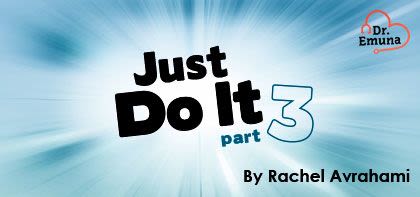
Dr. Emuna: Consult with the Best Doctor
Why have so many people who strengthened their emuna been healed in both body and soul?

In Part 1 and Part 2 of this mini-series, I discussed some practical tips to overcome the “glass ceiling” that some people experience to do one whole hour of hitbodedut – personal prayer. Now, I want to take a step back, and explain in a bit more depth: Why is personal prayer important for healing? Why discuss personal prayer in the “Dr. Emuna” series at all?
Emuna and the nefesh – the lowest part of the soul – are one aspect. Therefore, a blemish in emuna will result in a blemish in the nefesh, which results in all sorts of emotional and physical illnesses.
In fact, Rabbi Lazer Brody explains that emuna shares the same root as imun – the immune system. Essentially, emuna is the immune system of the soul. It is also the root of the immune system of the body. Since the soul is the root of the body and all illnesses stem from the soul, then, by definition, what protects the soul also protects the body. This is part of the explanation of why so many people who strengthened their emuna have been healed in both body and soul.
Emuna is also the same aspect of prayer. As Rabbi Arush says, “If you believe, you pray; if you don’t pray, you don’t believe.” Rabbi Arush says it another way as well: “With prayer, with Hashem; without prayer, without Hashem.” Who wants to be without Hashem?!
Therefore, in order to heal the entire range of physical and emotional illnesses, we need emuna – which is prayer. And what prayer specifically? Personal prayer – which is the epitome of all prayer!
Prayer is called “the work of the heart.” The reality is that it is very hard to put our hearts into prayer from a book and focus on every word with intention. It is so difficult in fact, that Rabbi Arush includes prayers to say before the formal prayers in his new siddur, so that you pray for prayer (as an aside, it’s a good idea to pray before your personal prayer sessions as well and ask for the right words, focus, etc.). But prayer without the heart, is like a body without a soul – dead.
Since it’s so hard to put our hearts into the words of the prayer book or Psalms, come speak to Hashem in your own words, from your heart. As much as it might seem difficult or even impossible, it’s really the easiest thing to do – as easy as sharing your innermost feelings with your best friend.
In fact, when I was first learning to do hitbodedut, I used to make a cup of coffee and sit at my kitchen table. I would imagine that I was having a coffee and talking with my best friend, and then it was so easy to talk to Hashem. We are all Hashem’s children, and Hashem loves each and everyone one of us with an infinite love that none of us can grasp – far more than the love of a parent for his child. And no more than a best friend will judge you for sharing your thoughts, feelings, worries, hopes and dreams – so too Hashem.
Just like speaking with your best friend, you’ll also get feedback from your conversations with G-d. Please, do not expect to hear words booming from the other side of the room. However, you might have ideas pop into your head. A friend might tell you the answer to a question, or you might meet someone who will help you with something you need, or any other form of hashgachah pratit – personal and Divine guidance in our lives. The important point is that with regular personal prayer, you forge a relationship with Hashem, and you WILL start seeing the fruits of that relationship in various ways. You’ll start to experience Hashem in your life and then you will not only believe – you will know that you are not talking to the air – Hashem is there, He is listening, and He is responding.
There is also a rule that “words from the heart, enter the heart.” If it is true between man and man – all the more so, it is true between man and G-d. When we speak to Hashem from our heart, Hashem “listens” so to speak with His heart. Hashem is full of mercy, and He waits on our every word, hoping we’ll turn to Him. When we do come to Him and speak from our hearts, He is only too happy to come help us. Hashem is all good and all mercy; when we bring Him into the picture of our lives and make Him a partner in everything we do, we can only receive good in return, and we create vessels for abundant blessings.
Furthermore, Rabbi Arush teaches that this world is a school for learning emuna. You know the elusive “purpose of life” that everyone would pontify about in university? Maybe it’s love, maybe it’s lust, maybe it’s fulfillment of our base desires for tomorrow we die, maybe it’s art… Well, you are about to get the real answer, the Truth with a capital “T.” I don’t know about you, but I was taught in university that Truth doesn’t exist, G-d forbid. Well it does, and this is it: The purpose of life is knowing Hashem and forging a personal relationship with Him.
And what is the only way to really do that? Personal prayer – I.e. talk to G-d! You cannot get to know a person without speaking to them, and the more time you spend speaking to them, the more you’ll get to know them. The same goes with G-d!
Therefore, not only does personal prayer fulfill your purpose for being in this world, but it may very well be that the purpose of whatever sickness you have is simply to force you to wake up and start creating a meaningful relationship with Hashem. Therefore, personal prayer would be the best recommendation for anyone who is sick, even if it wasn’t for the connection between emuna and prayer I explained at the beginning of this article.
Hashem is not only the best doctor; He is THE only true doctor and only real healer. Go for a consultation today – it’s free!
***
Rachel Avrahami grew up in Los Angeles, CA, USA in a far off valley where she was one of only a handful of Jews in a public high school of thousands. She found Hashem in the urban jungle of university. Rachel was privileged to read one of the first copies of The Garden of Emuna in English, and the rest, as they say, is history. She made Aliyah and immediately began working at Breslev Israel.
Rachel is now the Editor of Breslev Israel’s English website. She welcomes questions and comments to her email: rachel.avrahami@breslev.co.il.




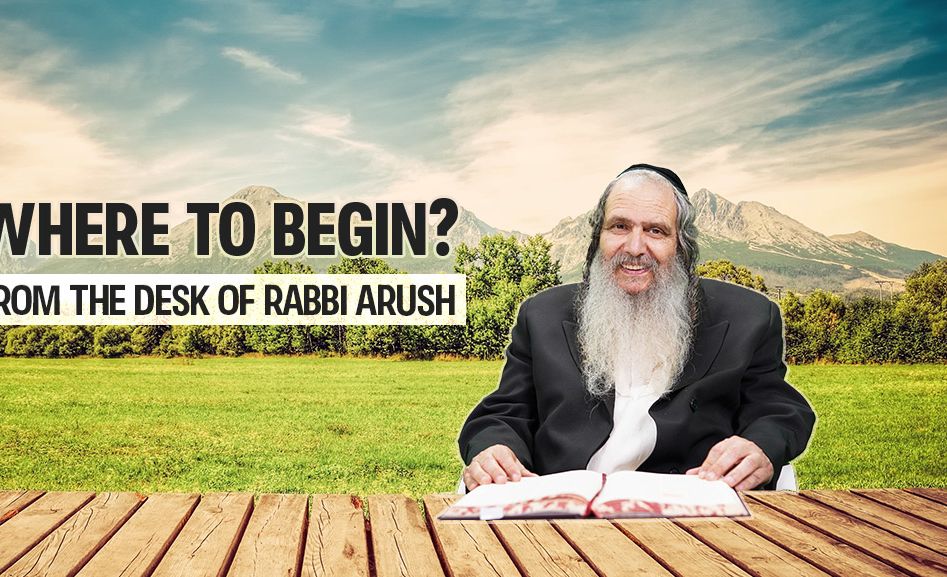
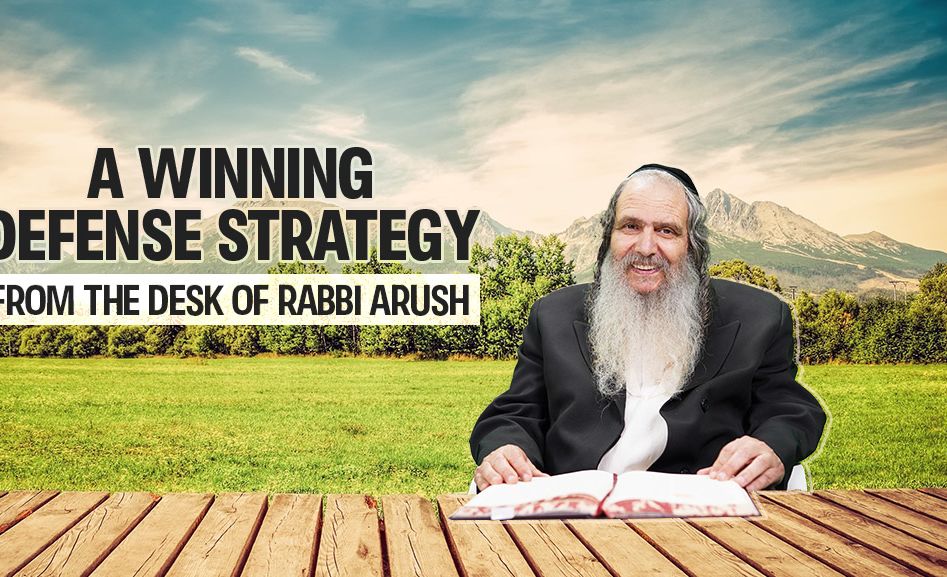
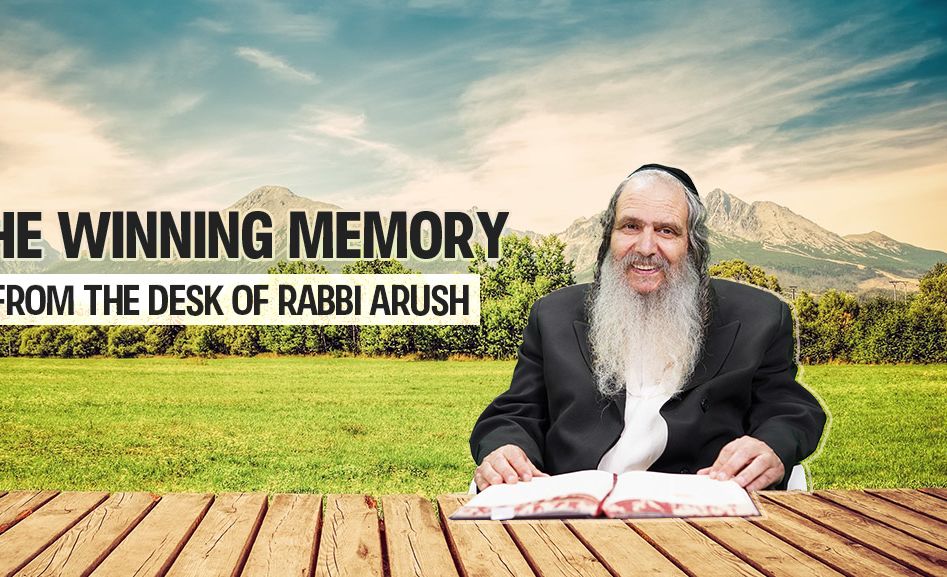
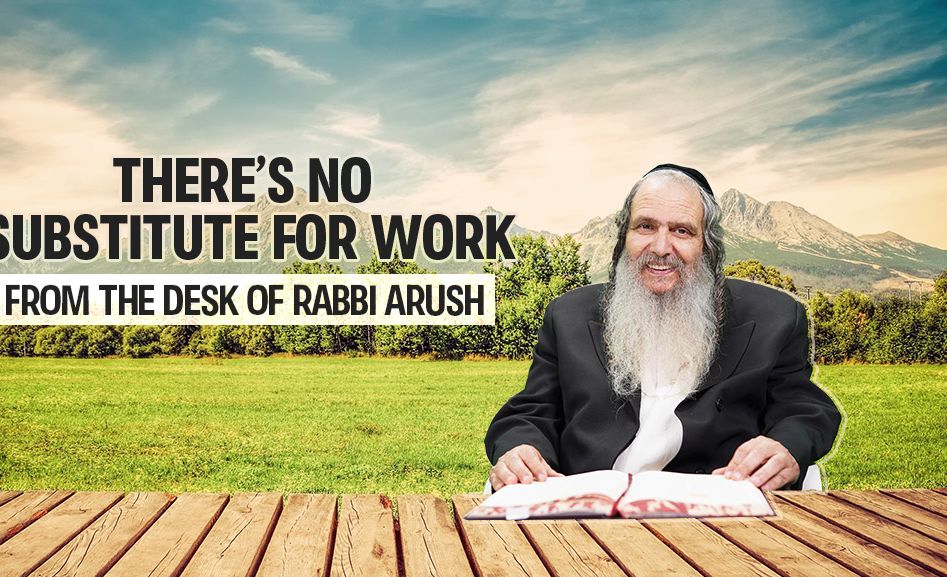
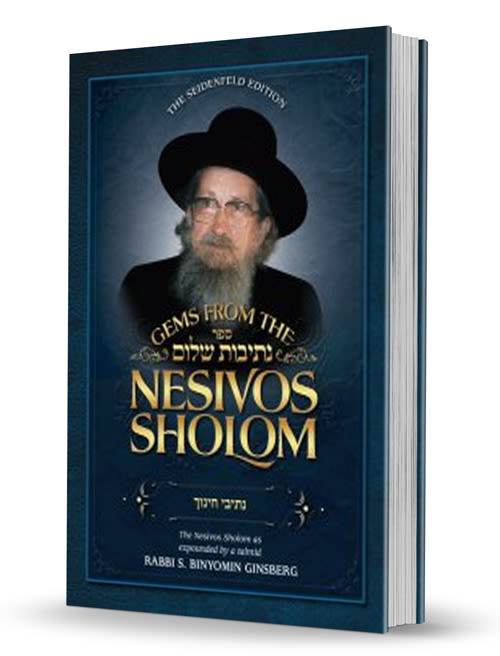
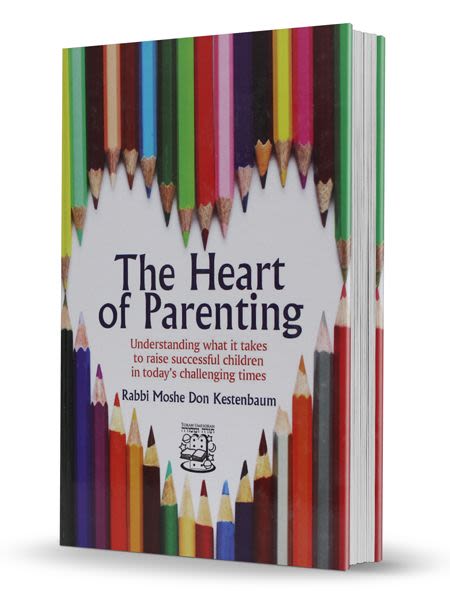
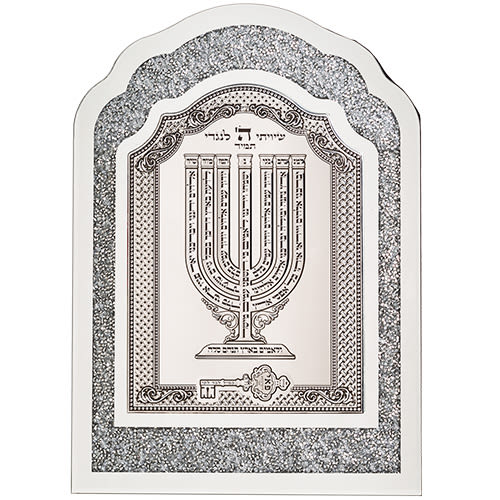

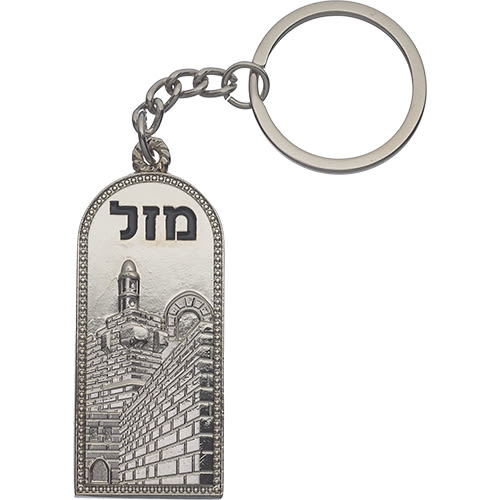
Tell us what you think!
Thank you for your comment!
It will be published after approval by the Editor.